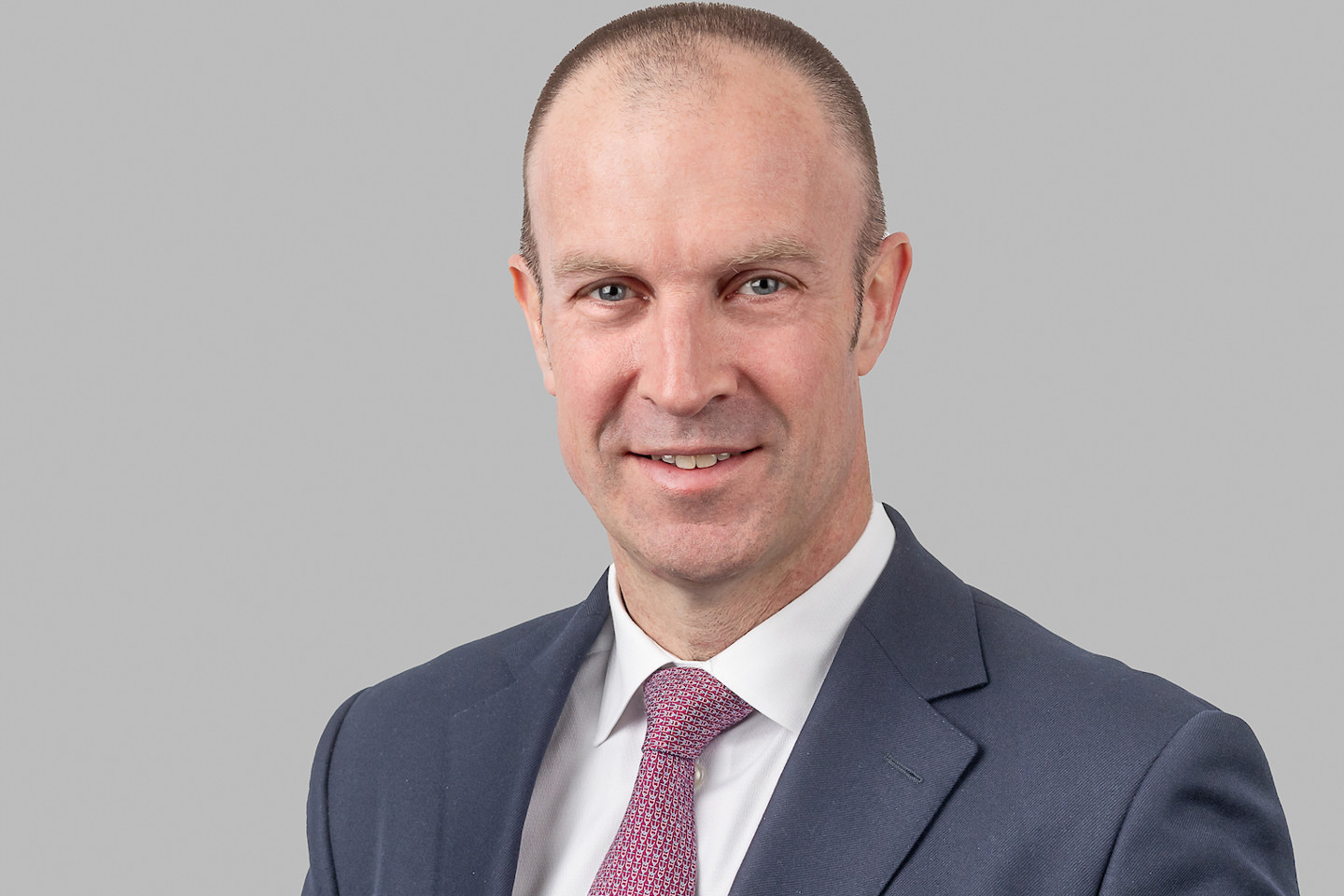
Oliver Passmore
Partner | Legal
Jersey

Oliver Passmore
Partner
Jersey
No Content Set
Exception:
Website.Models.ViewModels.Components.General.Banners.BannerComponentVm
This article first appeared on www.eprivateclient.com
Background Facts
In May 2012, the Lyngby Court in Denmark sentenced Mr Rosenlund to three years imprisonment (suspended for two years) for tax fraud and ordered the confiscation of a sum of approximately £2 million together with imposing a fine. That sentence was increased on appeal to 3.5 years’ imprisonment and the confiscation order was confirmed.
In January 2014, some 20 months later, Jersey’s Attorney General received a request for assistance from the State Prosecutor for Serious Economic Crime, Copenhagen, Denmark, seeking a saisie judiciaire (a formal means of ‘restraining’ assets) in respect of the realisable property situated in Jersey of Mr Rosenlund.
Following consideration of the Danish request, in February 2014, acting in the public interest, the Attorney General applied for a saisie judiciaire under the Proceeds of Crime (Jersey) Law 1999, as modified by the Proceeds of Crime (Enforcement of Confiscation Orders) (Jersey) Regulations 2008 (Modified Law) in respect of the realisable property situated in Jersey of Mr Rosenlund, to include assets held in the name of the trustee of the Mingo Trust.
Mr Rosenlund had created the Mingo Trust in October 1988 for his family. It is a discretionary settlement (then governed by Jersey law), of which the discretionary beneficiaries are his wife and three children, and following a deed of addition in 1993, himself.
The creation of the Mingo Trust pre-dated Mr Rosenlund’s criminal conduct, which commenced in 1997.
Mr Rosenlund and FNB International Limited (Current Trustee) applied to strike out the Attorney General’s application on the basis there was no reasonable cause of action, it was scandalous, frivolous or vexation, likely to prejudice, embarrass or delay the fair trial of the action or it was an abuse of court process.
Key Issues
The Attorney General originally sought to obtain the saisie judiciaire over the entirety of the trust fund as Mr Rosenlund was a discretionary beneficiary and therefore "beneficially entitled’' to the assets of the Mingo Trust. However, this argument was untenable following the judgment in Tantular v Attorney General [2014] (2) JLR 25.
In Tantular, the Attorney General had sought to argue that the settlor, who had been charged with fraud and money laundering offences and who was a beneficiary of the trust, was 'beneficially entitled’, as a beneficiary, to the assets of the trust, so that all of the trust assets were realisable pursuant to the saisie judiciaire. That argument was rejected by the Royal Court on the basis that it was “well-established law that a beneficiary of a discretionary trust has no ‘entitlement’ to any of the trust property”. The Royal Court further observed in that case “it would require the court to over throw fundamental principles of the law relating to trusts and there is no indication whatsoever, let alone irresistible clearness, that this was the intention of the legislation”.
The Attorney General subsequently revised his case and advanced two further arguments as to why the trust assets should be available for confiscation.
The first invited the Royal Court to consider confiscation attaching to gifts into the Mingo Trust. However given that the majority of the trust property was placed into trust prior to the commencement of the tax fraud in 1997 (thus not caught by the Modified Law – outside the confiscatory regime) the Attorney General decided not to seek to challenge any of the gifts made by Mr Rosenlund after 1997 on the grounds they were considered to be minimis.
The second argument advanced was to invite the Royal Court to interpret a ‘gift’ in the confiscation provisions (Article 2(1)(b)) to include a transfer of trusteeship on behalf of the settlor of the Mingo Trust. The Attorney General argued that Mr Rosenlund had made an ‘indirect gift’ of the trust assets in November 2008 by procuring the retirement of the old trustee and the old trustee exercising its power to appoint the current trustee. Further, the ‘gift’ was the ‘transfer’ of the trust assets between the old and current trustee as the current trustee had obtained something of value as the result of the transfer and a limited beneficial interest in the trust itself in relation to its right to charge remuneration and its right to indemnity.
Mr Rosenlund and the current trustee countered that the Attorney General had mistakenly equated ‘gift’ with ‘transfer’ and ridden roughshod over basic rules of trust and property law. An indirect gift had to amount to a gift, which required the transfer of the beneficial entitlement to assets from the donor, indirectly, to the donee. Mr Rosenlund had no such beneficial entitlement in the trust assets to gift, whether directly or indirectly, to the current trustee. Further, a change of trusteeship effectively changes legal title to the trust assets, it does not alter the beneficial ownership of the property. Likewise, a trustee is bound by the terms of the trust deed to transfer the trust assets, it is not voluntary.
The word ‘gift’ is not defined in the Modified Law however the Court determined in this case that it be given its ordinary meaning by applying the familiar rules governing entitlement and ownership (rather than a special definition as asserted by the Attorney General). Further, whilst Article 2(10) extended the ordinary meaning to include transfers at an undervalue, which would not otherwise ordinarily be considered to constitute gifts, it did not include "all transfers of property subject only to the Court’s discretion to exclude gifts from confiscation".
Decision
The Royal Court rejected the Attorney General’s arguments and agreed with the positon of Mr Rosenlund and the current trustee that it was simply not possible for a change of trustee in relation to a validly created discretionary trust, in which the relevant powers have been exercised, to constitute an indirect gift for the purposes of the Modified Law. The property transferred was property that Mr Rosenlund had no beneficial entitlement – it was not his property to give, directly or indirectly and whether at full value or at undervalue. Further, there is no element of gift in the transfer of the trust assets as between old and the current trustee. That transfer takes place pursuant to an obligation on the part of the old trustee both under the terms of the trust deed and under the relevant provision of the Trust Law.
Observations
Although it is accepted that Jersey must endeavour at all times to co-operate with international requests for assistance, it cannot always do so if it would result in the courts overthrowing fundamental principles of the law relating to trusts.

Oliver Passmore
Partner | Legal
Jersey

Oliver Passmore
Partner
Jersey

Nick Williams
Partner | Legal
Jersey

Nick Williams
Partner
Jersey
Ogier is a professional services firm with the knowledge and expertise to handle the most demanding and complex transactions and provide expert, efficient and cost-effective services to all our clients. We regularly win awards for the quality of our client service, our work and our people.
This client briefing has been prepared for clients and professional associates of Ogier. The information and expressions of opinion which it contains are not intended to be a comprehensive study or to provide legal advice and should not be treated as a substitute for specific advice concerning individual situations.
Regulatory information can be found under Legal Notice
Sign up to receive updates and newsletters from us.
Sign up
No Content Set
Exception:
Website.Models.ViewModels.Blocks.SiteBlocks.CookiePolicySiteBlockVm